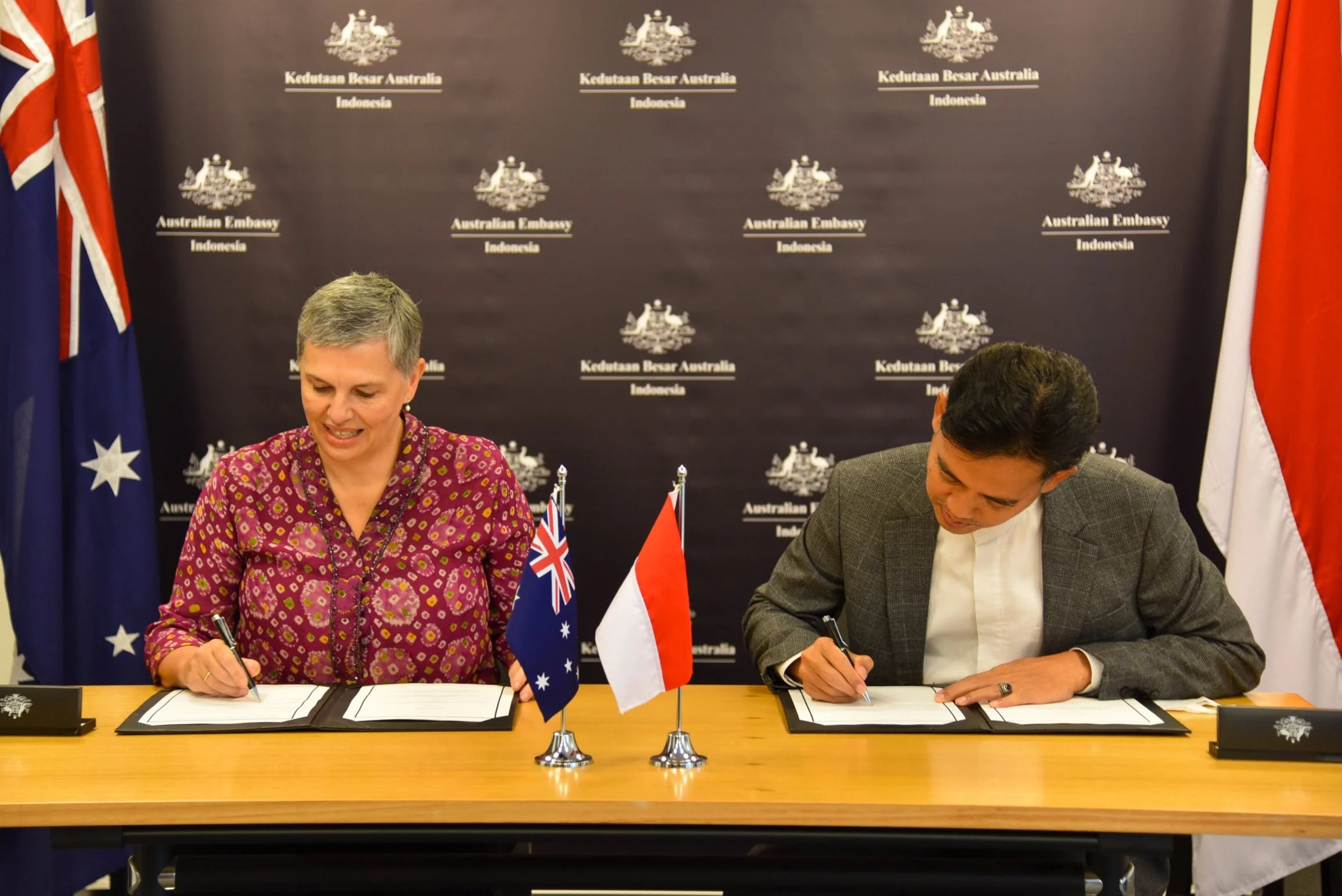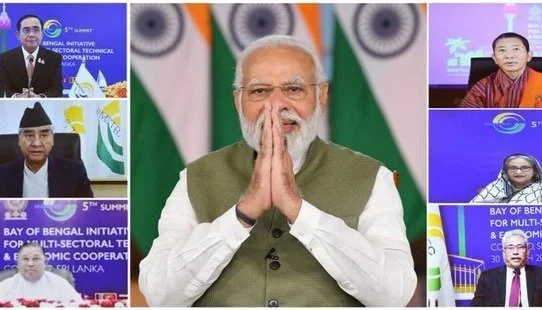Written by Liam Moore
While alarmist reports of massive numbers of people potentially fleeing across borders because of climate change are incorrect and misunderstand the dynamics of migration, mobility — both within and between states — is a reality in the Pacific.
Read More















